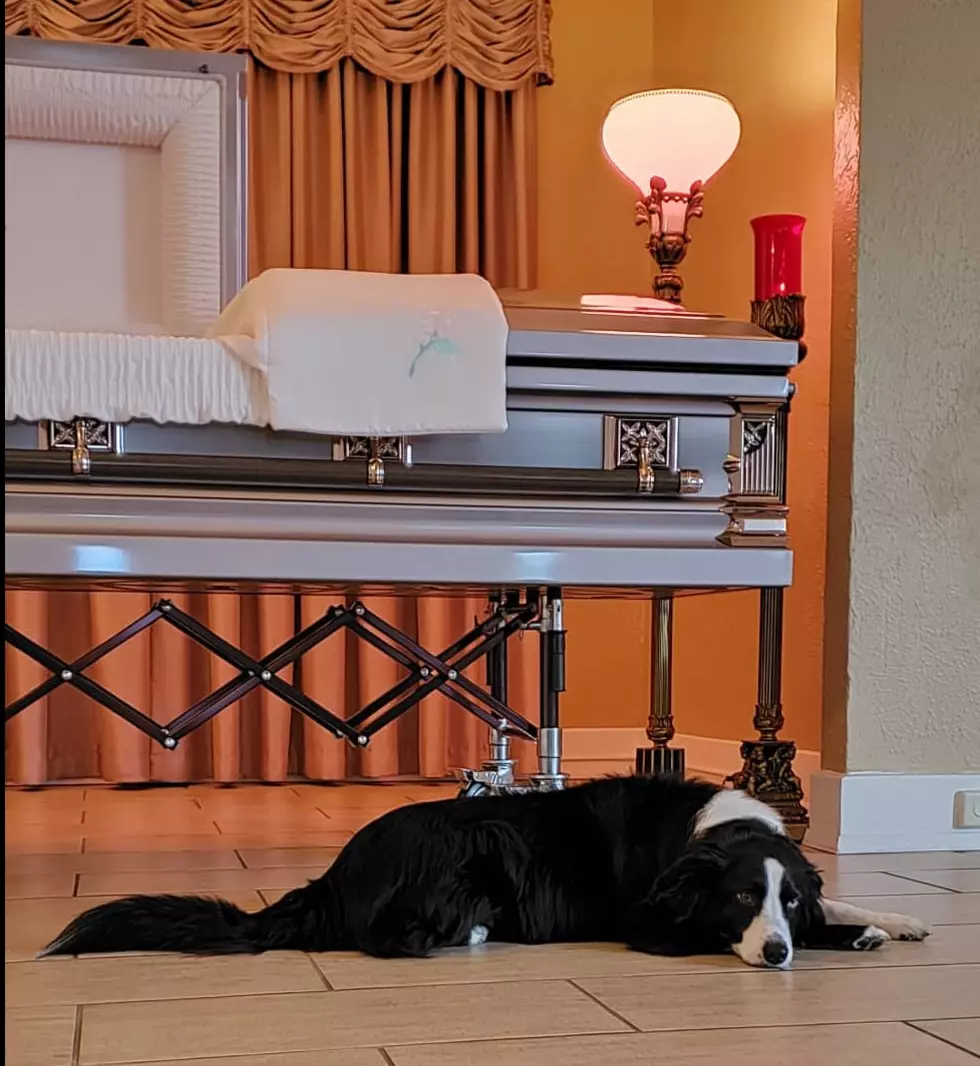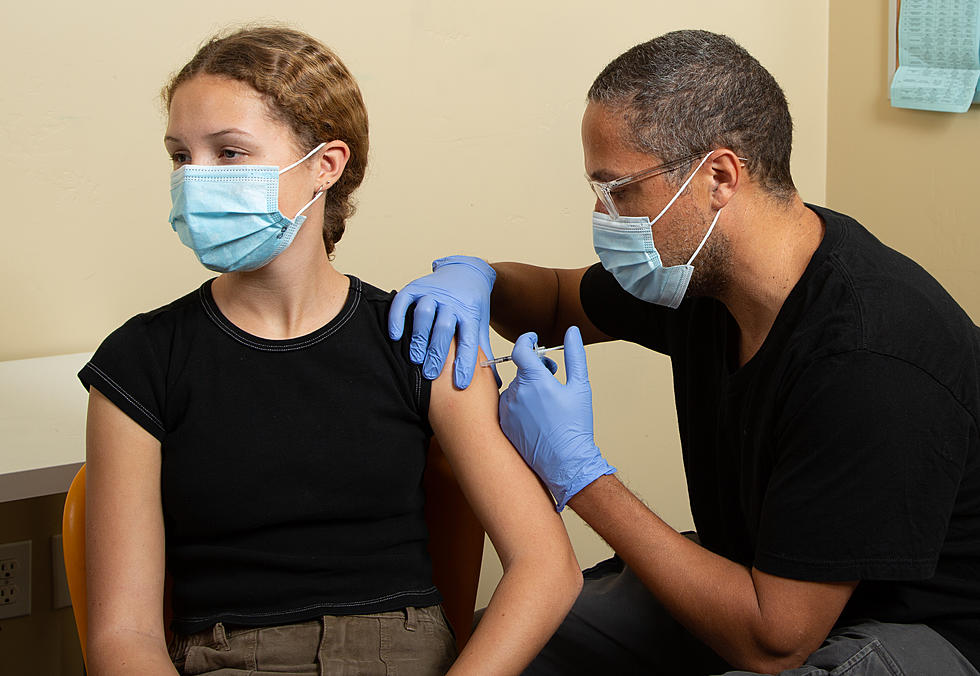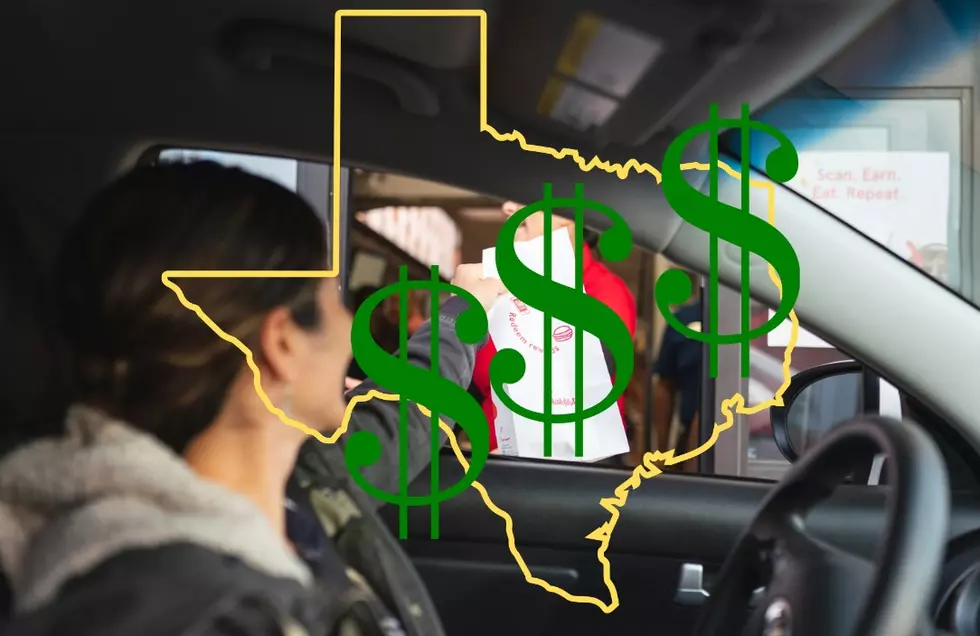
The Forgotten Frontline: Death Care & COVID-19
When you're no longer able to care for yourself and when caring for you is too difficult and daunting for your family, one last person will be there to care for you.
When you die, a death care professional will see to you and your family's wishes for your body, honoring the vessel that represented your soul on earth one last time. Whether that includes a full service with an open casket or a simple cremation, you will be handled with dignity and care by America's forgotten front line in the fight against COVID-19.
No death care professional would diminish the efforts of medical staff to favor themselves, but they're exposed to COVID-19-infected bodies constantly. Additionally, they face preparation of bodies that could be COVID-19 positive, but died of other causes, making everybody a potential exposure risk. With open-casket funerals and embalmed bodies, the procedures required to make the body look its best are intense and intimate. Not many like to think of their loved one's fluids being pumped out and replaced, but many still want open casket services.
Death doesn't meet a neat schedule, so death care workers work irregular, long and varied hours, especially now that more people are dying unexpectedly. In spite of COVID-19, people are still doing their usual dying -- in car wrecks, from cancer and heart disease. It's just that with COVID-19, more people are leaving us than usual.
One such death care professional is Melissa Unfred, a Lubbock native who's a passionate advocate for families navigating the death care industry. She's fought long and hard for change in favor of families, educating them on their rights for handling their loved one's body, fighting for transparency in death care services pricing, and working long and hard to provide services previously thought impossible by many, including natural, shroud burial in Austin's Eloise Woods Natural Burial Park.
She also advocates for Aquamation, an environmentally friendly way to process remains into a clean, white powder. It's currently only available for pets in Texas, but she's fighting for our options through her advocacy daily.
Melissa is well accustomed to the odd hours and extra work that is the combined efforts of care and advocacy, but I can hear in her voice how exhausted she is. When I asked her about this issue, she first mentioned how overlooked nursing home workers and hospice care providers are. How much time they've given and how isolated they are from their family and friends. How no one is offering them a free cup of coffee or even a thank you. Only after that preface did she mention her own profession, but almost at a distance, as if she was speaking only for her colleagues and not herself.
Keep those nursing home and those hospice workers in your heart, alongside medical professionals. And keep those death care professionals in your prayers and in a place of gratitude because, as Melissa says: "Without us caring for the dead, you'd see more of those refrigerated trucks. More of those catastrophes."
It's a stark, but necessary reminder.

In Pictures: What Education Looks Like Around the World During a Pandemic
More From KFMX FM









